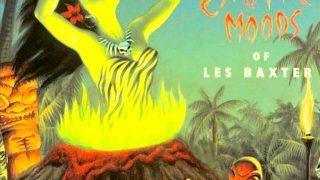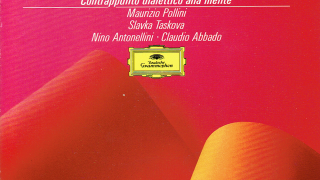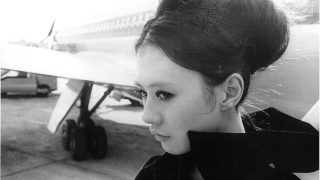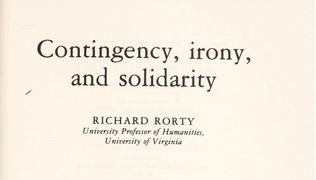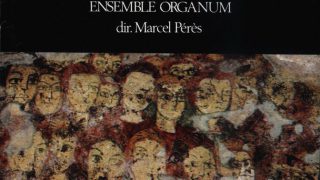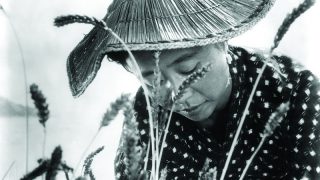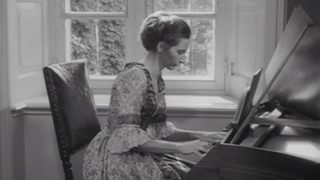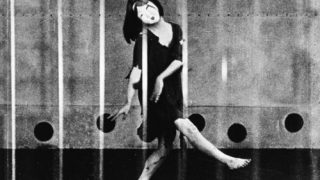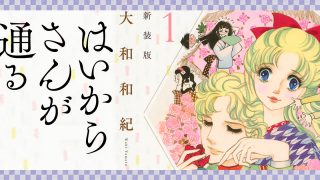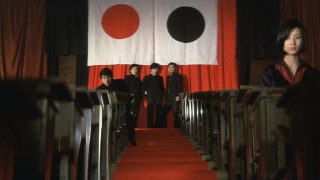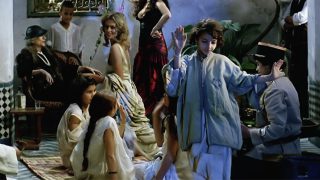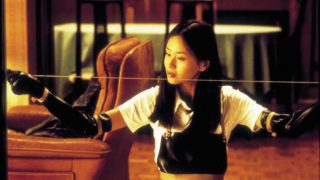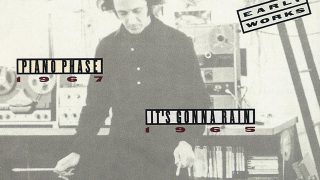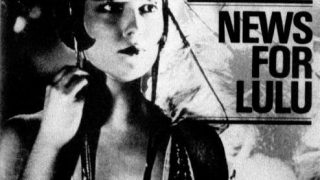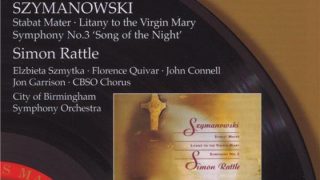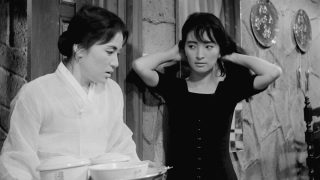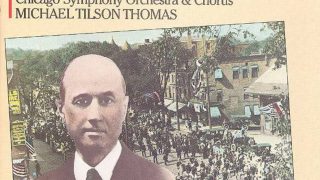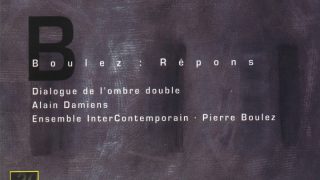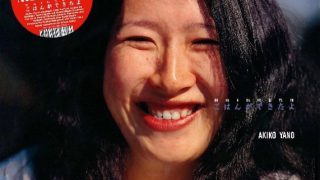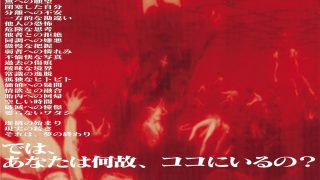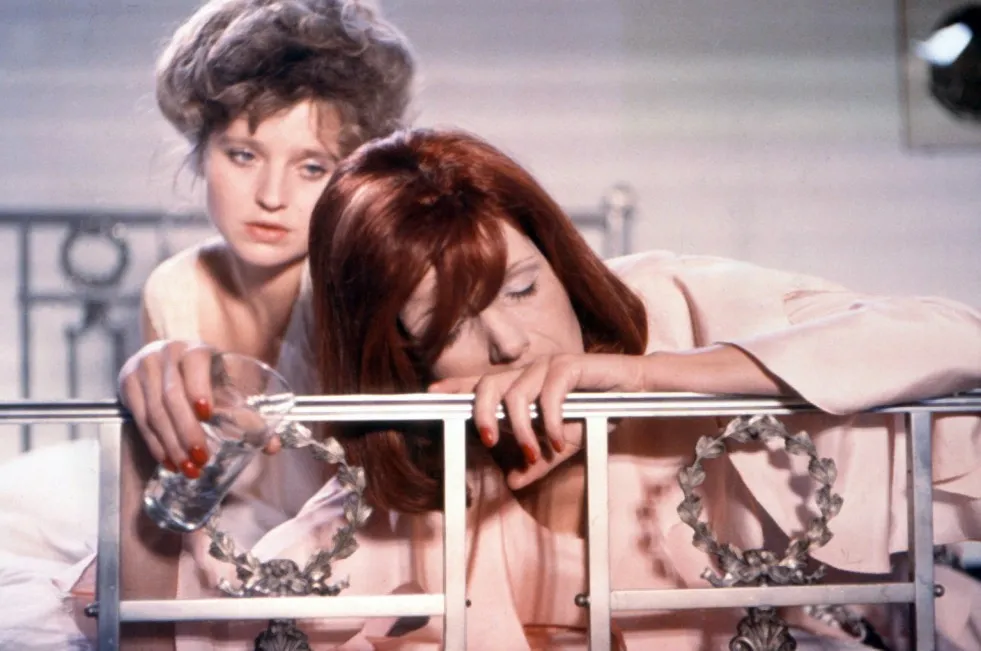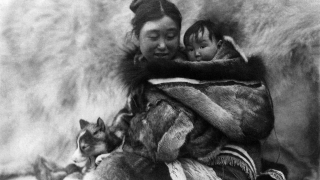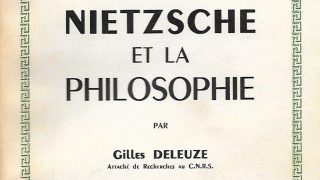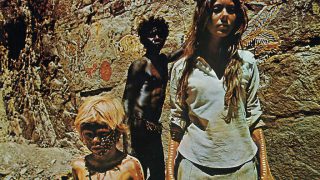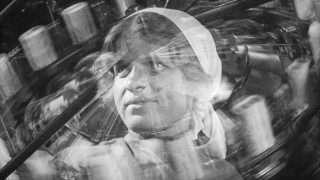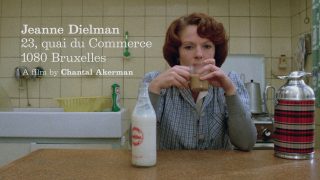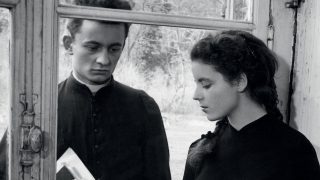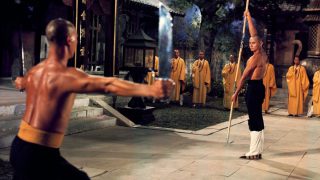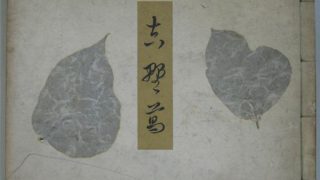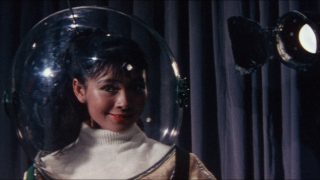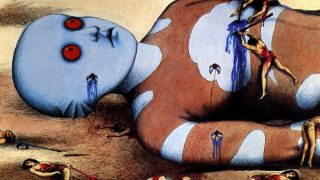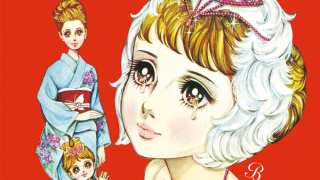Overview
“This Year’s Girl” is the fifth studio album by Pizzicato Five, a Japanese pop band led by Yasuharu Konishi and formed in 1984.
Background of the Production
Pizzicato Five had worked from 1984 to 2001. The group is known as one of the bands called “Shibuya-kei” in the late 1990s, who are characterized by their sophisticated hybrid music blending the elements of the 1960s orchestral pop, sunshine pop, French pop, soul, and lounge.
Pizzicato Five was formed by Yasuharu Konishi (bass, keyboards, guitar, vocals), Keitarō Takanami (guitar, keyboards, vocals), Ryō Kamomiya (keyboards), and Mamiko Sasaki (vocals) in Tokyo in 1984.
The group debuted in 1985 with a 12-inch single “Audrey Hepburn Complex” produced by Haruomi Hosono and released on the Non-Standard label of Teichiku.
They released the first album “Couples” on CBS/Sony in 1987. It was an album in the soft rock/orchestral pop style.
In 1988, Takao Tajima joined Pizzicato Five as a vocalist on the condition that he could continue his activities with his own band, Original Love. This made the group a trio consisting of Konishi, Takanami, and Tajima.
After Tajima joined, the group’s music shifted to sophisti-pop, incorporating elements of soul and jazz. As a trio, they released three albums on CBS/Sony: “Bellissima!” (1988), “On Her Majesty’s Request” (1989), and “Soft Landing on the Moon” (1990).
In 1990, Maki Nomiya, who was an ex-vocalist of new wave band Portable Rock, joined Pizzicato Five as a vocalist in place of Tajima.
Commentary
The album “This Year’s Girl” was released by Seven Gods label of Nippon Columbia in 1991.
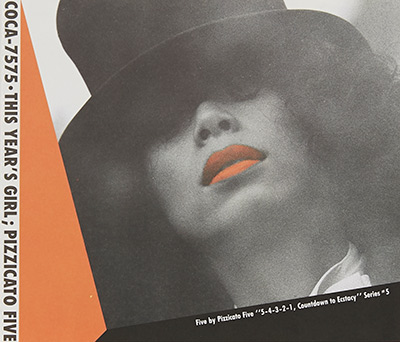
This album was reissued by Readymade Records/Heat Wave in 2000 and columbia*readymade in 2006 with new CD jackets.
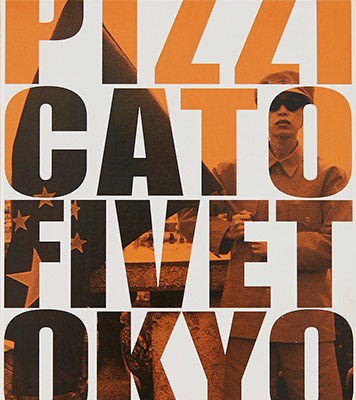

“This Year’s Girl” is their first album after Maki Nomiya joined the band as the third lead vocalist.
It is a danceable and catchy pop album that fully incorporated sampling and the elements of alternative dance and house under the influence of De La Soul’s “3 Feet High and Rising” (1989).
This album is characterized by a retro modern style fusing the 1960s popular music with contemporary dance music, and a cut-and-paste collage technique quoting a variety of sample sources and voices.
“Twiggy Twiggy” is originally a song written and composed by singer-songwriter Nanako Satō for Nomiya’s debut album “Pink no Kokoro (Pink Heart)” (1981). The Pizzicato Five version was used in the film “Prêt-à-Porter” (1994) directed by Robert Altman and the film “Charlie’s Angels” (2000) directed by McG.
“Party” is a cover of the song in Haruomi Hosono’s debut solo album “Hosono House” (1973). Hosono also participated in this track on vocals.
Track Listing
All tracks written and composed by Yasuharu Konishi except where noted, arranged by Pizzicato Five.
- This Year’s Girl #4 – 1:00
- Pizzicato Five members are answering questions about their five-month consecutive releases in 1991 in the interview.
- I – 1:51
- Ohayo – 5:07
- Thank You – 5:26
- Let’s Be Adult – 3:36
- This Year’s Girl #5 – 0:14
- A narration
- Baby Love Child – 3:42
- Composed by Keitarō Takanami
- Twiggy Twiggy – 2:49
- Written and composed by Nanako Satō
- Twiggy Vs. James Bond – 1:15
- Gifted – 4:50
- Written by Maki Nomiya, composed by Keitarō Takanami
- Party – 4:32
- Written by Yasushi Nakayama and Ryōko Suzuki, composed by Haruomi Hosono
- Shi-Ri-To-Ri – 4:16
- Composed by Haruo Kubota and Maki Nomiya
- Marble Index – 3:57
- Written and composed by Keitarō Takanami
- Y.O.U. – 4:33
- xxxxxxxxxman – 3:53
- Written by Maki Nomiya, composed by Keitarō Takanami
- Tokyo’s Coolest Sound – 4:12
- Composed by Keitarō Takanami
- Birth Of Cool – 3:47
- This Year’s Girl #6 – 2:06
- Composed by Yasuharu Konishi, Haruo Kubota and Maki Nomiya
- An interview with the members


